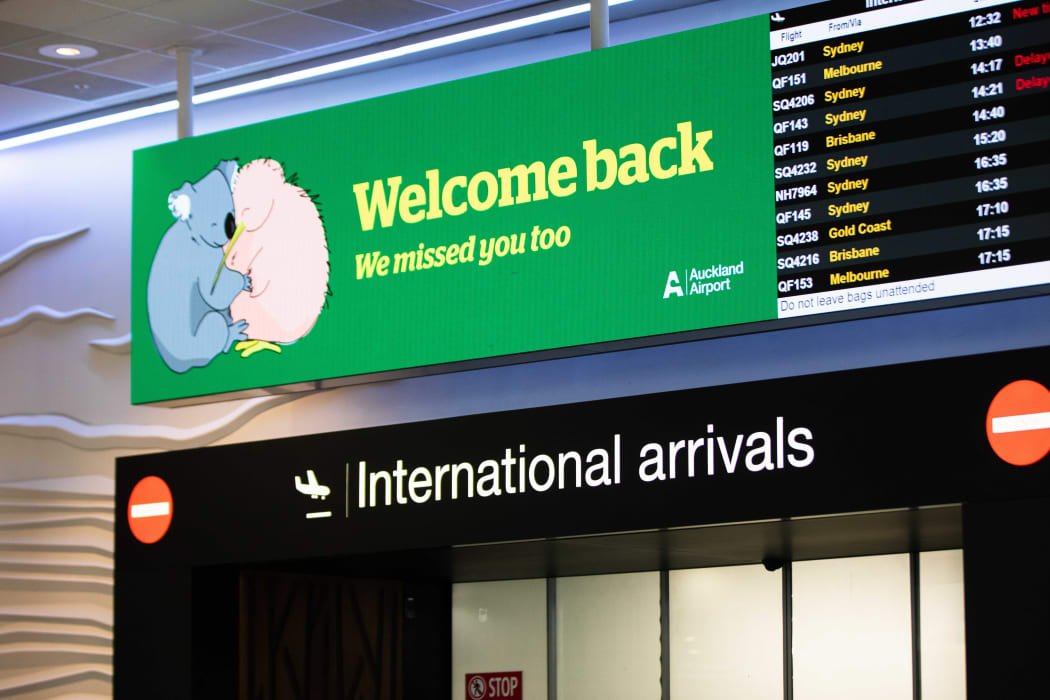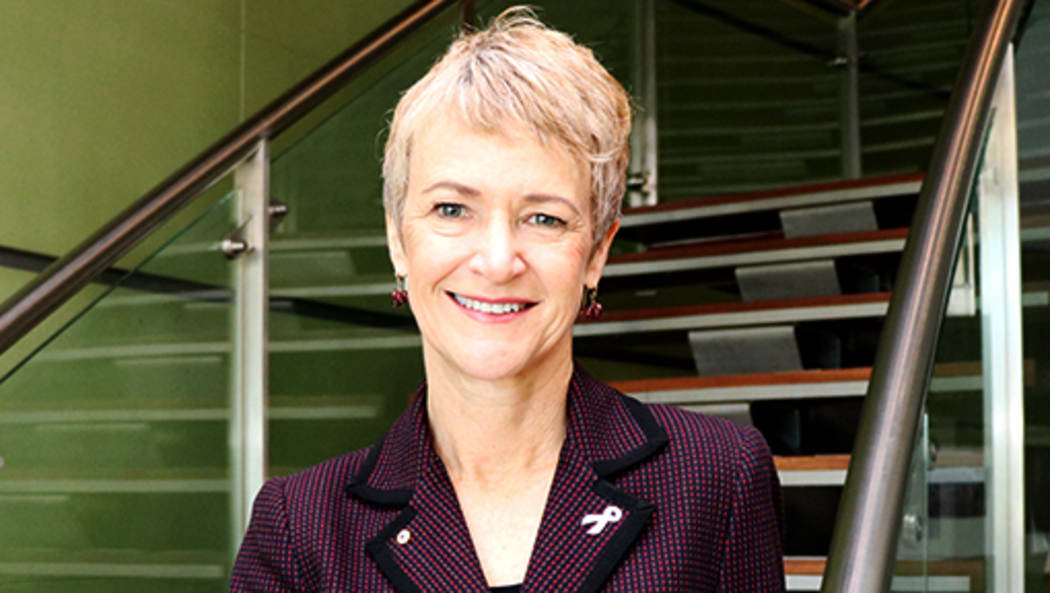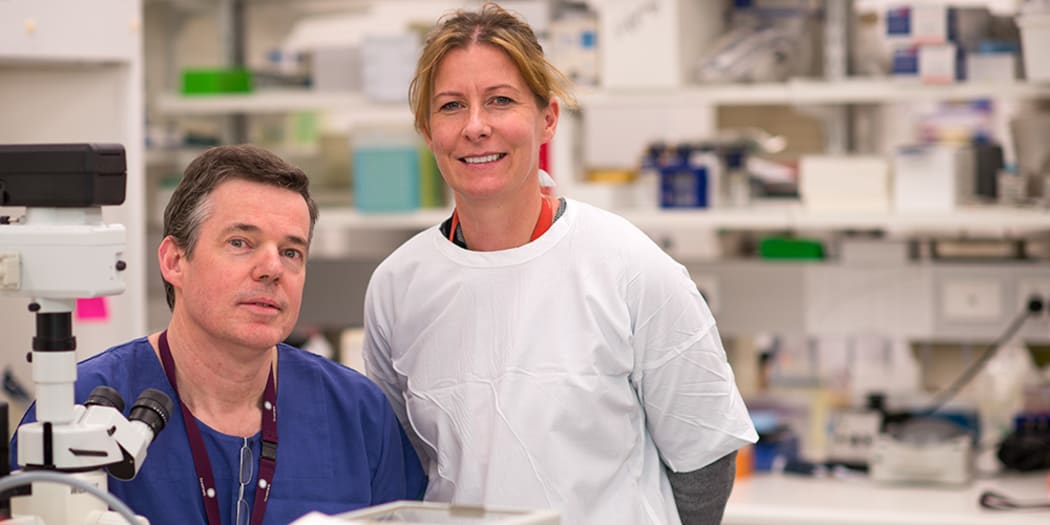Nine cases of Covid-19 have been detected among travellers from Fiji to New Zealand in the past week, a senior health official said.

Photo: RNZ / Dan Cook
Fiji is currently grappling with a worsening Covid-crisis, with over 14,000 positive people in isolation and more than 120 deaths reported by health authorities yesterday.
New Zealand official Harriette Carr said near the beginning of the current outbreak in Fiji - which started in April - the requirement for a Day Zero test was added for arrivals to Auckland Airport from Nadi.
There have been 894 arrivals from Fiji so far and Carr said based on the latest information, the nine cases were detected at New Zealand's border.
Anyone arriving in New Zealand from Fiji has had to enter a Managed Isolation and Quarantine Facility since April last year.
Carr said the government had created a 'very high-risk country' category on 28 April this year to reduce the risk of high numbers of people infected with the coronavirus from entering the country.
Countries in the 'very high-risk' category include Papua New Guinea, Brazil, India and Pakistan.
Carr said officials continue to monitor the situation in other countries in response to rapidly increasing rates of infection in some parts of the globe.
She said based on what is happening in some countries and the prevalence of Covid-19 variants of concern, New Zealand health authorities monitor the measures each country has in place and the risk to New Zealand's border.

Professor Caroline Homer. Photo: Supplied
Meanwhile, an international health rights advocate said multiple factors, including being pregnant, could affect the seriousness of Covid-19 infections in women.
Addressing a virtual discussion on Fiji, Australian midwifery expert Professor Caroline Homer said the risk of severe infection could hamper the ability of expectant mothers to fight against the deadly virus.
She said women aged over 35 are more vulnerable to infection or disease, including those who are diabetic, obese or overweight with a body mass index of over 30.
Homer warned that high-blood pressure during pregnancy could put women at risk of getting severe Covid-19.
She said pre-term birth rates could double for Covid-positive pregnant women.
"That means it is more likely your baby is going to have to have care in a nursery or in some sort of facility, sometimes being separated from you and from your family."
Professor Homer is a co-programme director for Maternal, Child and Adolescent Health at the Burnet Institute in Melbourne and Honorary Emeritus Professor of Midwifery in the Faculty of Health at the University of Technology Sydney.

Dr Michelle Giles, right, infectious diseases physician, with Harold Bourne, lab manager, at the Royal Women's Hospital in Melbourne. Photo: Supplied
Meanwhile, epidemiologist Professor Michelle Giles said there was no evidence to suggest that Covid-19 vaccines were harmful to unborn babies.
She told the panel that pregnant women, who had not made up their minds about getting vaccinated, should consider factors such as "that a severe infection of Covid-19 would have a worse effect on the unborn child".
"We have no evidence that the Covid-19 vaccines affect negatively or have any harmful effects on an unborn child," Giles said.
"We actually have a lot of evidence that if you get Covid-19, that can be quite harmful to you as a mum and your baby."
Giles said the risks to the mother of contracting the virus included severe disease and hospitalisation and could affect the pregnancy.
"We also have evidence that if you get Covid-19, there's an increased chance maybe of having an early or pre-term birth which can have a significant impact on the baby."
Professor Giles is an infectious diseases physician and professor in the Department of Obstetrics and Gynaecology at Monash University in Melbourne.

